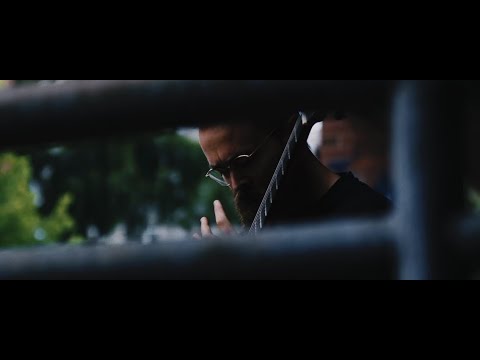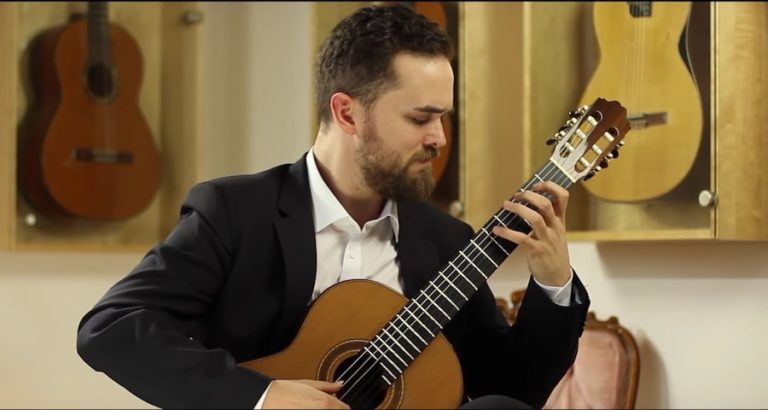German guitarist Peter Graneis plays the sonata Jehkin Iivana by Finnish pianist, conductor, and composer Olli Mustonen (b.1967). This comes via Open Strings Berlin and their amazingly high quality Youtube Channel. Great playing here ranging from well paced contemplative momentum to virtuosic intensity. From Shott: “Mustonen’s Sonata for Guitar takes the listener to the legendary world of Finnish myths and epics, with courageous heroes guiding the fate of the northern country and wizards roaming the endless woods. The sonata was named after Jahkin Iivana. Iivana (1843-1911) was one of the last great representatives of the traditional runic chant and a master of the Finnish national instrument, the kantele. Mustonen has succeeded in imitating the sound of the Finnish national instrument for the guitar in a fascinating way and created an atmosphere which makes the magic of the mythical worlds almost tangible.” What is that musical quote at 7:27? Córdoba by Isaac Albéniz (from Chants d’Espagne, Op. 232, No. 4). – Thanks LD
Here’s a video of the composer talking about the piece:




Interesting piece and an impressive performance!
The quote at 7:27 is from the not so Finnish “Córdoba” by Isaac Albéniz (from Chants d’Espagne, Op. 232, No. 4).
YES! I’ve played it and knew is so well but couldn’t extract the name from my brain. THANKS